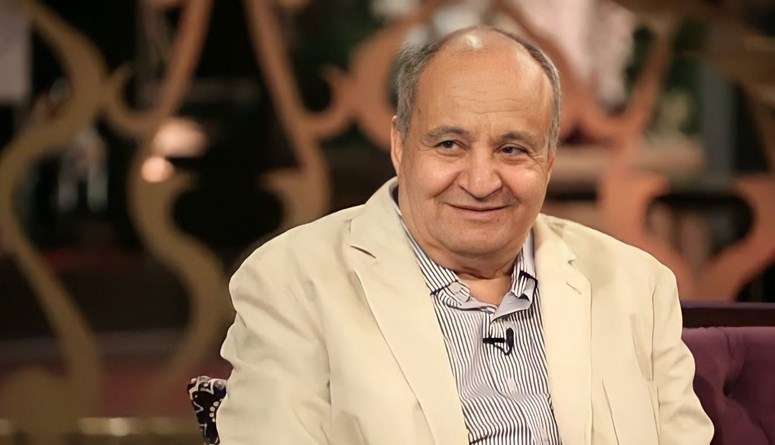July 1 marks the 78th birth anniversary of the legendary screenwriter and author Wahid Hamed.
Born in Sharqia Governorate, Hamed was regarded as the godfather of realist Egypt’s cinema, something that helped him bring highly complex characters to life on the screen. Here is a look at his rich legacy.
Hamed was cited as one of the most successful, rare Egyptian screenwriters, with over 40 films and 30 television series registered under his name, according to critics.
In the 1960s, he received his degree from Cairo University, in the field of Sociology, and then he got married to Zeinab Sweidan with whom he had his son, Marwan the talented director.
The late screenwriter established his writing career in the late 1960s after completing his university degree in sociology.
He obtained tremendous success in the late 1970s when he collaborated with actor Adel Emam. The film “Ahlam Elfata Altayer” (Dreams of the Fly Boy) (1978) dubbed his long-time collaboration with iconic star Imam and is considered his advanced movie script.
His breakthrough came with 'Al-Baree' (The Innocent, 1985), starring Ahmed Zaki and directed by the late filmmaker Atef Al-Tayeb. However, (Terrorism and Kebab, 1992) opened him up to a large fan base.
Moreover, Hamed is well-known for some of his seminal works, such as the Al-Ghoul (1983), El-Le’eb Maa El-Kobar (1991), Al-Baree’(1985), Toyour El-Zalam (1995), and the screenplay for the critically acclaimed ‘The Yacoubian Building’ (2006), which is directed by Hamed’s son, Marwan Hamed.
The director, whose works focused on local issues and Egyptian society, has also worked on multiple projects including a series named "Al-Gamaa" (The Brotherhood).
Throughout his 50 years career, Hamed gained more recognition for his artistic maturity in such films 'Ehky ya Scheherazade' (Scheherazade, Tell Me A Story), directed by Yousry Nassrallah, Al-Mansy (1993), 'Al-Leab Maa Al-Kobar' (Playing with the Giants, 1991), which marked his the first collaboration with director Sherif Arafa.
He was the first Egyptian screenwriter to receive the Golden Pyramid Award for lifetime achievement in the cinema field in its new form, the highest award given to artists and arts patrons by the Egyptian government, in 2020, a quarter of a century after the prizes’ s founding.
In the same year, Cairo International Film Festival (CIFF) honored him at the opening ceremony of its 42nd edition, held in December, with the Golden Pyramid Award for Lifetime Achievement for a career that spanned over five decades.
Hamed’s works also have won numerous awards in festivals locally and internationally, including the best screenplay award at the Brussels International Independent Film Festival.
Two of his iconic films were picked for the acclaimed list of the best 100 Egyptian films in the 20th century; Sherif Arafa’s “Al-Laab Maa al-Kobar” (Playing with Giants, 1991) and Atef El-Tayeb’s “Al-Baree” (The Innocent, 1985). The list was based on a survey of Egyptian critics under the supervision of the late Saad Eddin Wahba, president of CIFF’s 20th edition.
”I am sure that Hamed was the first Egyptian screenwriter, as far as I can remember, to attend such higher events like that,” says Mr. Mohamed Hefzy, CIFF’s current director. “Hamed had a sense of himself that he could fit in wherever he desired.”
Hamid was also cited as the father of the modern classic approach in Egyptian movies and TV series. His death at 77 on 2 January 2020 left a gap in the Arab art world.
















